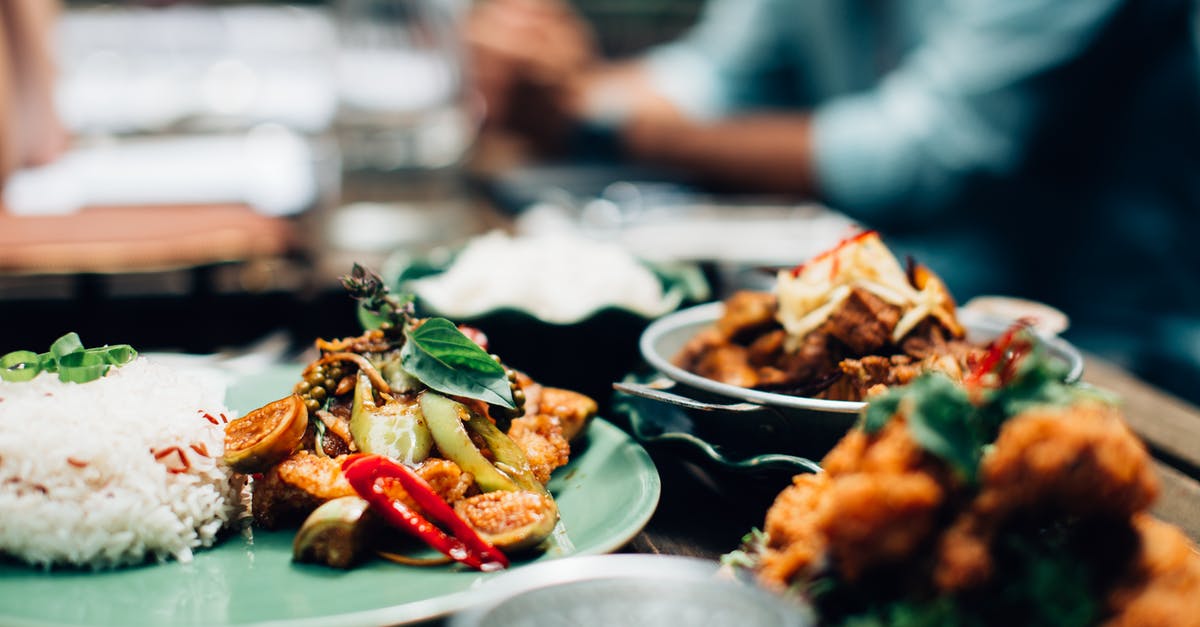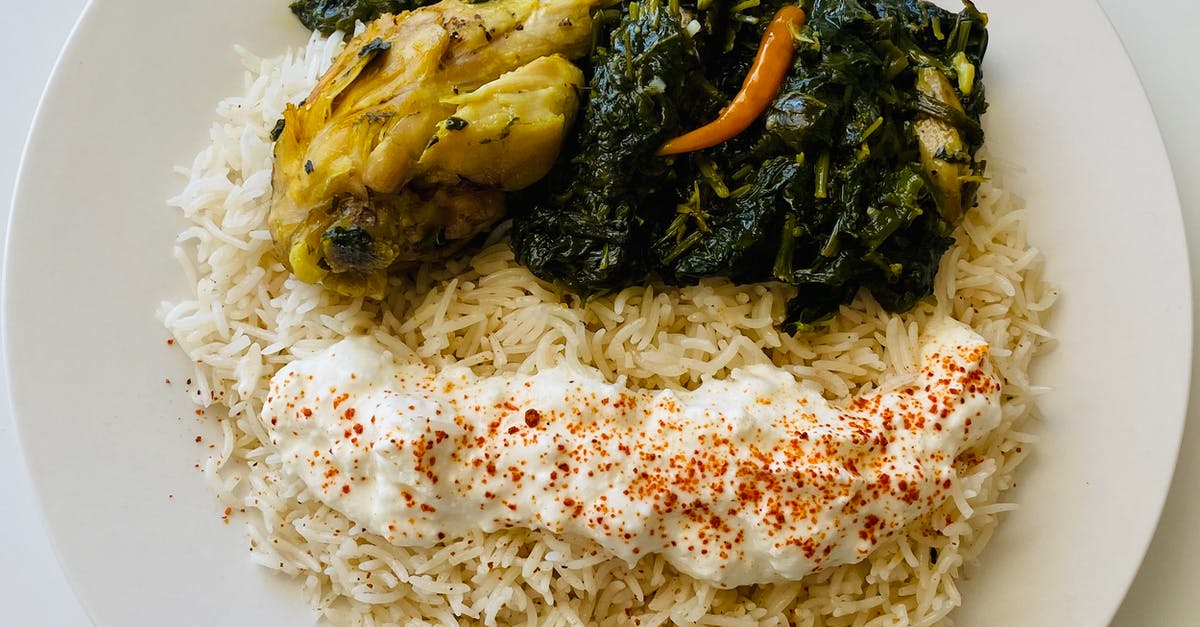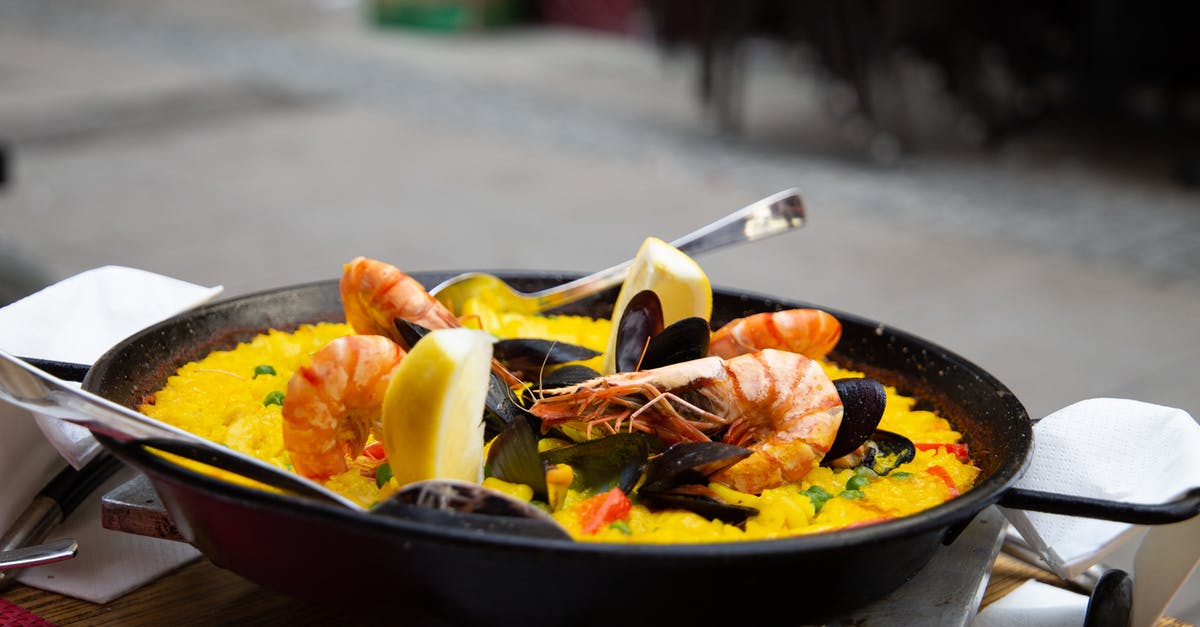What types of rice are appropriate to use in a rice cooker?

I have recently acquired a Zojurushi fuzz logic rice cooker.
What I am having difficult to find is the best kind of rice to use with it; I am looking for a good brown and white rice that can go with anything, and then maybe some more specialty types. I tried Uncle Ben's, but modified rices don't work that well.
It seems I have had the best luck with long grain white rice, thus far. I'm wondering if there is a better kind, or perhaps specific brands of rice that are made for rice cookers.
Best Answer
In my experience, rice quality has a pretty substantial amount of variation, but the cooking device has little to do with it.
While I'm sure that most rice cookers on the market from Japanese firms are optimized and tested for short-grain, japonica rice, I've never had issues cooking basmati or jasmine rice in one, and I've even used them for farro and mixed grains.
I doubt that the rice cooker has much to do with it. I've made rice in heavy cast-iron enamelware on the stove, in a cheap Southeast Asian electric steamer without any fancy "fuzzy logic" electronics, in a fuzzy logic rice cooker, and an mid-range IH rice cooker, which is what we use at home now, and the quality of the rice and its age has a greater impact than the cooking method. I would say that the IH rice cooker produces superior results over our old fuzzy logic cooker, but it's certainly not an order-of-magnitude kind of difference.
Assuming you're located in the US, my benchmark go-to rice brand is "Tamaki Gold", which is from a japonica strain called koshihikari, and I think most of this brand's rice is grown near Sacramento, CA. It's more expensive than the typical Botan or Niko Niko brand calrose rice that's ubiquitious in Japanese supermarkets, but I find the quality far superior, and it's still a good value. My wife tends not to appreciate the Niko Niko or Botan calrose rice very much at all, so we don't eat it at home, but probably 80% of Japanese restaurants in the US are using it or a similar product.
Generally, I'd recommend staying away from the absolute cheapest brands, and choose something that's a couple of notches above. We've used imported rice from Akita or wherever and gotten very nice results, but the differences were far subtler than the price (on the order of $10 vs. $35 for a similar quantity). The sweet spot for quality is near the median price, assuming you're in a shop that offers a wide variety of options.
Edit: Sorry, until your edit, I didn't realize you were working from parboiled or converted rice, I assumed raw rice, as I've never heard of anyone cooking the quick cooking rice products in a rice cooker. (Rice cookers often have their own "quick mode" which shortens cooking time with normal raw rice at the cost of a slightly reduced textural quality). Considering that's what you were starting from, consider using other supermarket brands of rice that meet your target grain size and stickiness/fluffiness, but aren't marketed for speed or convenience.
Pictures about "What types of rice are appropriate to use in a rice cooker?"



Which type of rice is best for rice cooker?
Choose a type of riceMedium grain: Two times longer than their width and have a more tender and chewy bite (e.g.: Arborio or risotto rice) Short grain: Almost as wide as it is long and have a plumper and stickier consistency (e.g.: sushi rice or rice for salmon poke bowls or TikTok salmon rice bowls)Can you put any kind of rice in a rice cooker?
Best of all, you can make jasmine rice quickly and easily in a rice cooker just as you would with white rice. However, it's important to wash jasmine rice before you cook it so you remove any dirt or starch that may be on the exterior of the grains. That way, you wind up with tasty, fluffy rice to serve with your meal.Can you cook jasmine rice in a rice cooker?
Beyond what the single-grain name may convey, rice cookers can be used to make everything from millet, soups, and polenta to porridge, pudding, and more. Their hands-free nature allows you to more easily cook and incorporate whole grains into any meal, while keeping your focus on the more detailed parts of your dish.Do You Need a $350 Rice Cooker? — The Kitchen Gadget Test Show
More answers regarding what types of rice are appropriate to use in a rice cooker?
Answer 2
Agreed, converted rice is not ideal for a rice cooker. Any rice that you can cook by the absorption method will work well. Absorption method simply means that when you are done cooking, the rice will have absorbed all of the water that didn't evaporate. The rice cooker will have a standard ratio of water to rice using markings on the side of the pot. Depending on the rice you are using, you may find you want to adjust it up or down slightly. You can assume it is calibrated to a standard Japanese-style white rice. I use mine routinely for everything from basmati to short-grained brown rice or even forbidden rice (black rice) with good results.
Answer 3
Almost any rice that uses boil/absorb will cook in a rice cooker. The better quality rice you use, the better will be your result. You may have to adjust the cycles on the electronic models; check the owners manual for recommendations. I still use the on/off and on/off/warm models and they are too honest to out-think you, they just chug away until they are done.
When you get a new rice, go with the package recommendation for rice to water ratio and adjust from there.
If you want Japanese-style rice go with rice that is labeled for that. If you want another cuisine go with rice that is intended for that cuisine. Of course you can always substitute if you want.
Jim
Sources: Stack Exchange - This article follows the attribution requirements of Stack Exchange and is licensed under CC BY-SA 3.0.
Images: Rachel Claire, Rachel Claire, ZI’s Food&NatureArt, Boris Hamer
